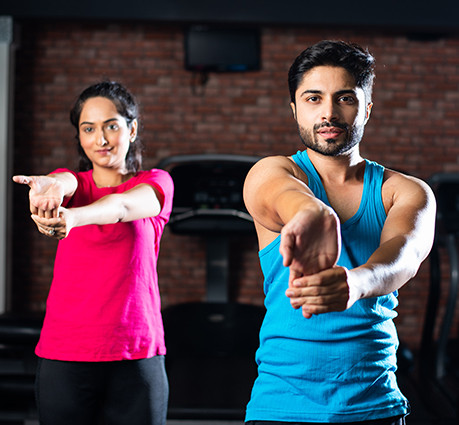Emphasises off-the-shelf research to create new knowledge and explore future challenges. The researcher is expected to identify the research gaps, formulate objectives, and develop methodologies for finding solutions to real-life problems.
Duration of programme
Level of Study

Pass with 55% aggregate marks or equivalent grades prescribed by UGC in the Master's Degree.
With M.P.Ed or M.A Physical Education or MPE or equivalent